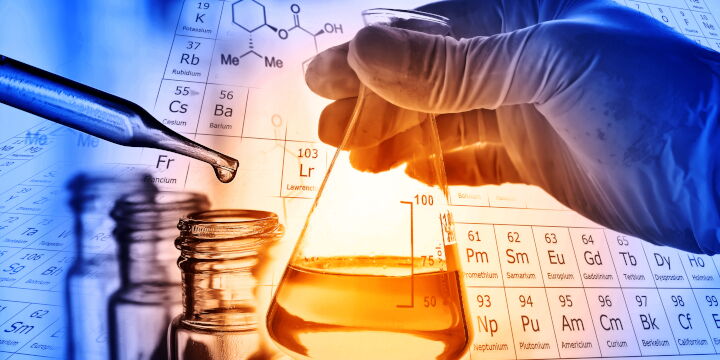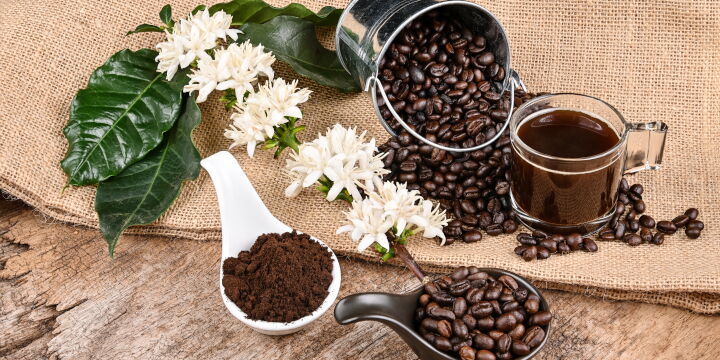Thiamine: what is it about?
Vitamin B1 contributes to the important process of converting glucose into energy.
It synthesizes the body's energy processes by releasing the energy needed to carry out daily activities.

Isolated in 1926 it was called thiamine due to the presence of a sulfur atom and an amino group
Its absorption occurs at the level of the small intestine through the mechanism of active transport; an absorption that can be inhibited in the presence of high alcohol consumption and its accumulation in the intestine.
Its active form, called thiamine-pyrophosphate, is a coenzyme that participates in the catabolism of carbohydrates: its deficiency causes an increase in lactic acid resulting from the incomplete demolition of glucose.
Active in the formation of red blood cells, also contributing indirectly to the well-being of the heart, in the stomach it stimulates the synthesis of hydrochloric acid which is one of the main components of gastric juice, facilitating digestion.
It performs a protective function on the integumentary system as it accelerates the resolution time of wounds and epidermal abrasions.
It is an adjuvant in the case of some diseases such as Herpes Zoster, always in the context of dermatological manifestations.
Its intake is recommended in case of chronic alcoholism as, after the acute phase, it acts on a psycho-somatic level by encouraging the subject's willingness to stop drinking.
The fact that its main action is linked to the production of energy also seems to be connected to the emotional sphere as it helps to improve the mood by predisposing it to a positive psychological attitude.

Where do we find it?
We find it in certain food sources such as brewer's yeast, pollen, royal jelly, soy, whole grains, spirulina algae, hazelnuts, almonds and walnuts, molasses and sunflower seeds.
Did you know that..
Is Vitamin B1 extremely sensitive to alcohol, the tannins contained in coffee and black tea?
any of these compounds destroy it making it unusable.

Signs and symptoms of deficiency
Symptoms are related to the inability of cells to use glucose.
Vitamin B1 deficiency determines a series of symptoms which, depending on the extent of this deficiency, manifest themselves with different intensity.
The most typical pathology deriving from vitamin B1 deficiency is beriberi; a disease that can affect different parts of the body such as the respiratory and cardio-vascular systems or the nervous system with consequences at the muscular level.
Beneficial effects
Thiamine acts as part of an enzyme essential in energy production, carbohydrate metabolism and nerve cell function and is available in most nutritional supplements in the form of thiamine hydrochloride.
Warnings and Precautions
Thiamine is not associated with any form of toxicity; involved in a complex way with the other B vitamins in energy metabolism, the action of magnesium is necessary for its conversion into its active form.
Bibliography:
1. Butterworth RF, Effects of thiamine deficiency on brain metabolism: Implications for the pathogenesis of Wernicke-Korsakoff syndrome. Alcohol Alcoholism 24, 271-279, 1989.
